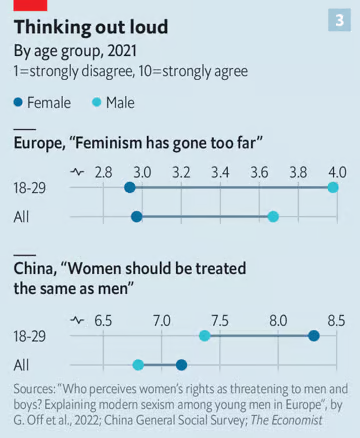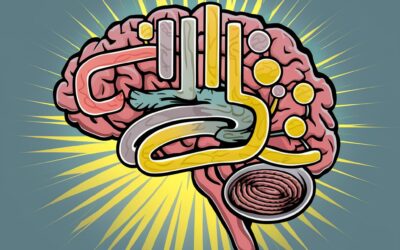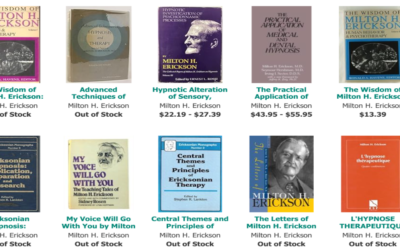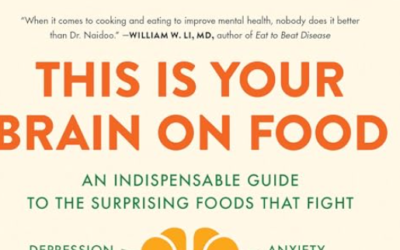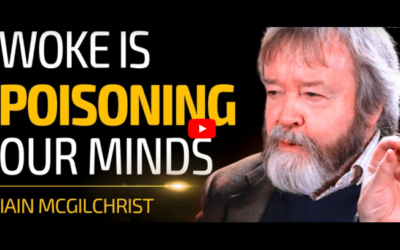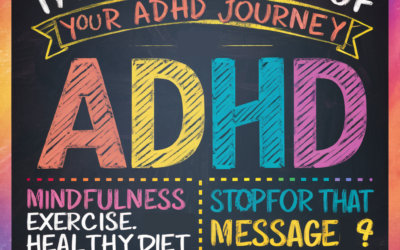
Today we're diving into two huge life decisions that can make or break your happiness and wellbeing - choosing the right career path and finding the ideal romantic partner. These aren't small choices to make lightly. We're talking about the areas where you'll be spending most of your waking hours and emotional energy.
The Importance of Career and Relationships
You can mess up a lot in life, but if you nail these two things - your job and your spouse - you'll maximize your chances of long-term satisfaction and fulfillment. That's because work and family life dominate so much of our daily existence.
While modern advice often emphasizes education and career over relationships, the reality is that the quality of our romantic partnerships is absolutely critical for mental and physical health. Studies show poor relationship quality can impact mortality risk as much as heavy smoking or alcohol abuse, and even more than obesity or inactivity. Yikes.
For the career-driven folks out there, having the right partner can actually fuel your professional success too. People with conscientious romantic partners tend to have higher job satisfaction, income, and promotion rates - even after controlling for their own conscientiousness levels. A disciplined, hard-working significant other can be the wind beneath your career wings.
Here's some examples of famous high-achievers crediting their partners:
- MrBeast: "My girlfriend is very beautiful, intelligent, pushes me to be better, is okay with my crazy work ethic...love just makes me a better person."
- Conor McGregor: "My girlfriend stuck by me when I had absolutely nothing, just a dream I was telling her."
- Chris Bumstead: "She built this confidence in me...it was huge for my personal growth as a champion."
- Warren Buffett: "Susie really put me together. She made me believe in myself, which changed my life. I wouldn't have been as successful without her making me a whole person."
But of course, healthy relationships are a two-way street. Both partners should be growing, supporting each other's ambitions and bringing out the best in one another.
How We Choose Partners
So how do people go about selecting mates in the first place? Conventional wisdom gives us two contrasting views - "opposites attract" or "birds of a feather flock together." While the former makes for good romantic comedy plots, research shows we actually tend to mate assortatively - favoring partners similar to ourselves in education, intelligence, age, politics, religion and socioeconomic status.
For example, if you're a college grad, you have a 65% chance of marrying another degree-holder. But if you only have a high school diploma, your odds of landing a spouse with a bachelor's are just 9%. We like people who are like us.
However, similarity alone doesn't guarantee relationship satisfaction and longevity. A key ingredient seems to be authenticity - openly sharing your deepest thoughts and being genuine, even if your partner may not fully understand. Authentic people attract other authentic partners, while deceptive types end up together too.
Another major factor is how your partner stacks up against your other realistic alternatives or "market value." We're more satisfied when our significant other is more desirable than the other potential mates we could realistically obtain. It's not about checking boxes on some universal criteria - we're grading our partners on a curve relative to ourselves.
The 37% Rule and "Try a Dozen"
This relates to an interesting concept from decision theory called the "37% rule" or the "secretary problem." Imagine you're hiring for a job and want to choose the best possible candidate. The rule says:
1) Estimate how many total applicants you'll get
2) Interview the first 37% as a sample
3) Remember the best one from that sample
4) Then keep interviewing until you find someone better than that initial best
5) Hire that person - they'll be the top candidate
Applying this strategy to dating, you'd theoretically want to go out with the first 37% of your total possible romantic prospects as a sampling. Then keep dating until you find someone better than the best of that initial sample - and lock them down as a partner.
Obviously that's not very practical for most people. But researchers found a simplified version called the "Try a Dozen" rule can work nearly as well. With this approach:
1) Date around a dozen potential partners
2) Remember the best one from that dozen
3) Then pick the very next person you meet who is more appealing than that best one
These are just theoretical models illustrating the challenges of optimizing this huge life decision. They have limitations and may not apply to everyone's circumstances. But they get at the core idea - you want a partner who is better than your other realistic options, not necessarily the universally "best" person out there.
The Ideal Situation
Many guys try to just get with the hottest possible woman they can find. But as David Buss points out, "Mates, once gained, must be retained." An average dude might score a few dates with a supermodel, but her abundance of better options creates instability and jealousy issues in the relationship.
The reverse isn't ideal either - being with someone way less attractive than you breeds dissatisfaction and wandering eyes. The sweet spot, according to Buss, is "when both people feel lucky to be with the other person."
If your current dating pool isn't as attractive as you'd like, well, there's a simple solution - become more attractive yourself! Hit the gym, groom yourself better, dress sharper, earn more money, get a cool side hustle. Small upgrades in your own stock can dramatically improve your romantic market value.
Green Flags to Seek
So what positive qualities or "green flags" should you be looking for in a potential long-term partner? According to relationship experts, some key ones include:
- Clear communication, even during difficult times
- Emotional maturity and stability
- Inquisitiveness and willingness to understand your perspective
- Quickly returning to emotional baseline after conflicts
- Stating needs directly instead of playing games
- Avoiding character attacks like "you always..." or "you never..."
- Not using the silent treatment as punishment
The ability to communicate constructively, especially when tensions are high, is crucial. As is having the emotional intelligence and self-awareness to manage one's own feelings in a healthy way.
An inquisitive mindset - striving to understand your partner's point of view rather than make assumptions - can go a long way too. As can basic emotional stability and not getting stuck in prolonged negative states.
Red Flags to Avoid
On the flip side, here are some potential red flags and toxic traits to watch out for in a prospective mate:
- Shifting responsibility for their emotions onto you ("Why did you make me feel this way?")
- Forcing you to play guessing games about their needs
- Character attacks and blanket statements about your personality
- Using the silent treatment to punish or manipulate you
- Frequent angry outbursts, yelling, or verbal abuse
- Inability to effectively manage their own mental health
If you notice these types of behaviors early on when a person is theoretically on their best behavior, that's a major red flag. It likely points to deeper underlying issues that will only get amplified over time.
The common thread here is a lack of emotional maturity and self-awareness. Trying to control your emotions for you, make you psychologically walk on eggshells, or subjecting you to frequent anger and hostility is incredibly toxic.
Finding Your "Special Person"
At the end of the day, the ideal partner is someone who supports and nurtures your ambitions, while you do the same for them in return.[1] As the psychologist Daniel Levinson describes, you want to find your "special person" - someone who "joins you on your life journey" and helps you live out your hopes and dreams.
This transcends the conventional view of romantic relationships. It's not just about love, attraction and intimacy. It's about finding a true partner who understands the deepest parts of you and helps manifest your vision for your life and future. Someone whose growth is inextricably linked to yours, and vice versa.
Levinson notes that "occupation and marriage-family are usually the most central components" of a man's life journey. Your career path and your romantic partnership form the crucible for your personal and professional development as a human being.
So put in the effort. Seek out someone you can build with, who complements and elevates you, and whom you can do the same for in return. It's one of the most important decisions you'll ever make for your long-term wellbeing and life satisfaction.
## Conclusion
These insights might help you in making two of the biggest choices that will shape your life's trajectory: your career and your romantic partner. Figure out what really matters to you in each area. Identify the green flags to pursue and the red flags to avoid. And optimize for mutual growth, support and understanding.
It's not an easy process by any means. But if you can nail these two pieces of the puzzle, you'll put yourself in an amazing position to live your best life possible. One filled with fulfillment, happiness and the realization of your deepest hopes and dreams.
So keep grinding, keep an open mind and open heart, and make these decisions consciously. Your future self will thank you. That's it for today - let me know your thoughts and questions down in the comments below. I'll catch you all on the next one!


